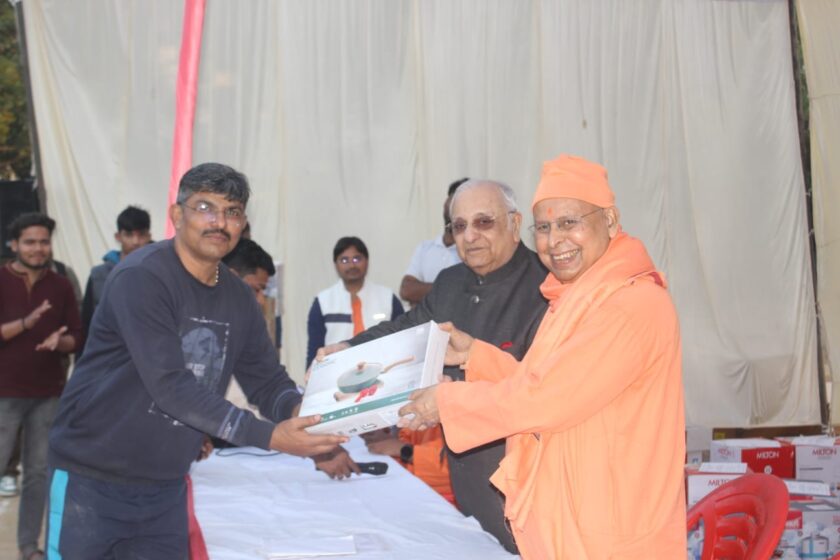Manoj Singh, Ex ACS, Govt of Uttar Pradesh
Lucknow: In an age where climate change, pandemics, AI, and biotechnology reshape human life, philosopher and anthropologist Bruno Latour offers a provocative reimagining of politics: the “Parliament of Things.” First proposed in his book We Have Never Been Modern (1991), this concept invites us to reconsider who—and what—gets a voice in shaping our collective futures.
What is the Parliament of Things?
Traditionally, parliaments represent people. But Latour argues that in a world increasingly shaped by non-human actors—from viruses and glaciers to algorithms and satellites—we can no longer pretend that only humans have agency or stake in governance.
The Parliament of Things is a symbolic space where humans and non-humans (or their human spokespersons) deliberate together. It breaks down the false separation between nature and society—an illusion Latour calls the modern constitution.
Why Is It Needed?
We live in a time of complex entanglements:
A melting glacier impacts island nations, affects sea levels, and triggers political debate.
A virus brings the world to a halt, forces policy shifts, and shapes cultural behavior.
An algorithm decides credit scores, job opportunities, and even prison sentences.
These are not just “objects” to be studied; they are actors influencing human lives. The Parliament of Things demands we include them in the political process—not literally, but through scientific, legal, and ethical representation.
Real-World Examples
1. Climate Conferences (COP Summits)
At COP meetings, nations debate climate targets, but they also “speak on behalf” of rising temperatures, forests, oceans, and emissions. Scientists and activists serve as proxies for non-human entities—like the Amazon rainforest or Arctic permafrost.

These events resemble a Parliament of Things: where nature is politically represented.
2. Legal Rights for Rivers and Forests
The Whanganui River in New Zealand has legal personhood.
The Ganges and Yamuna Rivers in India were briefly granted similar rights.
In Ecuador, the constitution recognizes the rights of nature.
These legal developments give non-humans a “seat” at the table through legal mechanisms—just like members of parliament.
3. AI Ethics Boards
AI systems are deeply embedded in everyday decision-making. Ethics boards represent the interests of the public—but also consider the “interests” and behavior of algorithms. This is part of a broader Parliament of Things: AI is treated not merely as a tool but as an actor to be governed.
4. Environmental Impact Assessments (EIA)
Before any large infrastructure project is approved, an EIA must consider impacts on air, water, wildlife, ecosystems, etc. In a way, these processes are “hearings” where non-humans are represented—by scientists, ecologists, and community members.
Beyond Representation: Rethinking Democracy
Latour’s vision challenges human-centered politics and invites us to develop systems of ecological democracy where the interdependence of life is respected.
Scientists become translators of the natural world.
Communities advocate for landscapes and species.
Laws begin to reflect the rights of more-than-human actors.
This is not utopian—it is urgently practical in a world facing planetary crises.
Towards a More-Than-Human Politics
The Parliament of Things is not about trees voting or AI writing laws. It is about expanding democracy to include the complex web of life and technology that we live with and depend on. As Latour warns, we have never been truly modern—because we never truly separated nature from culture. The time has come to admit our hybridity and govern accordingly.









